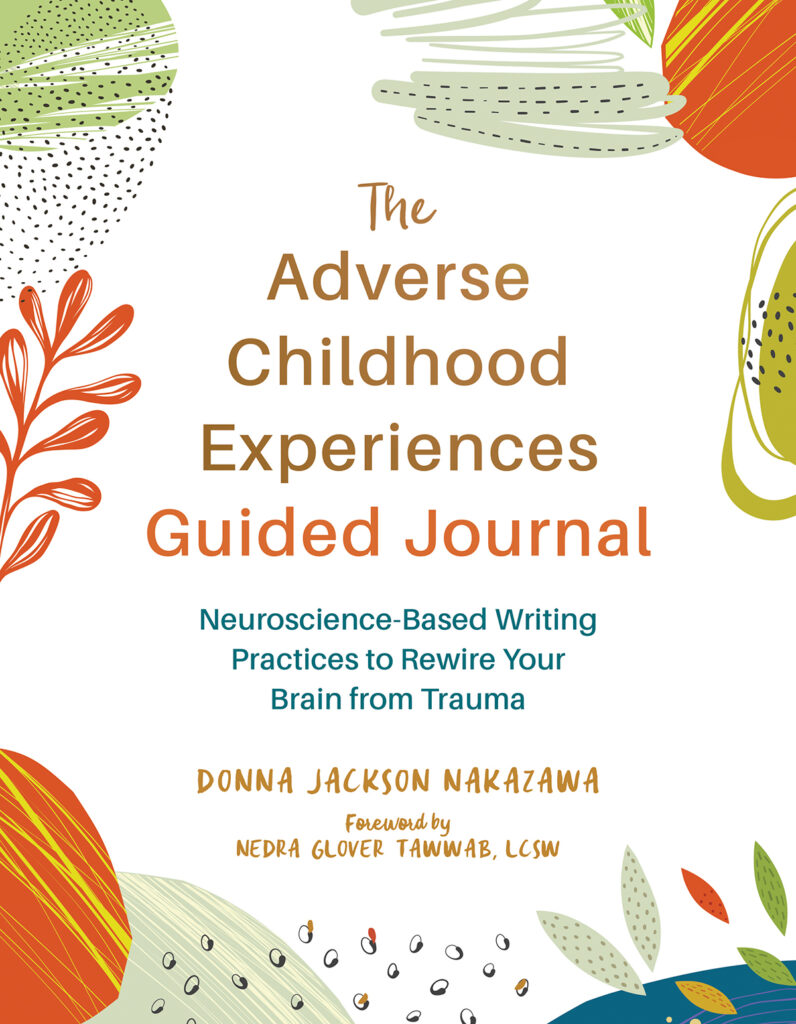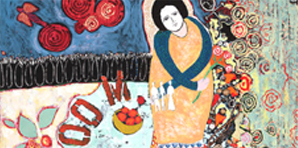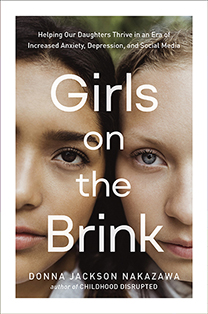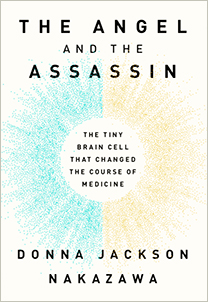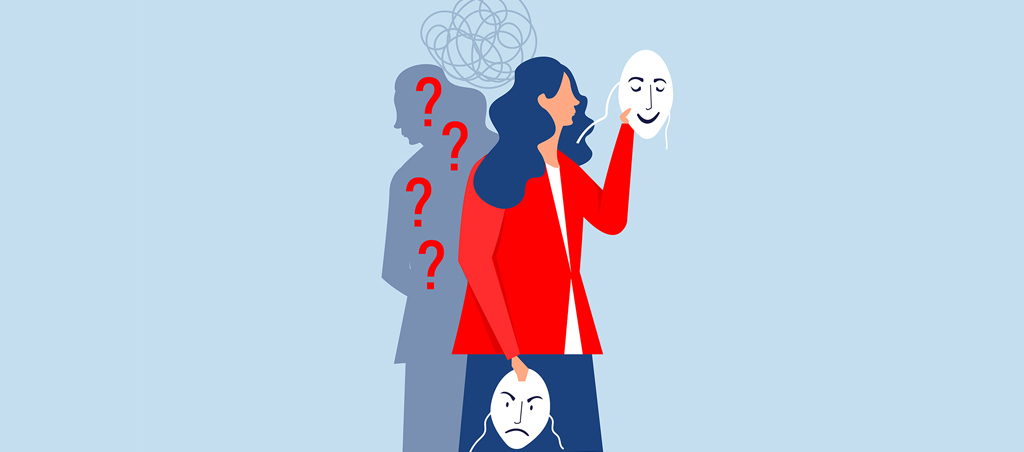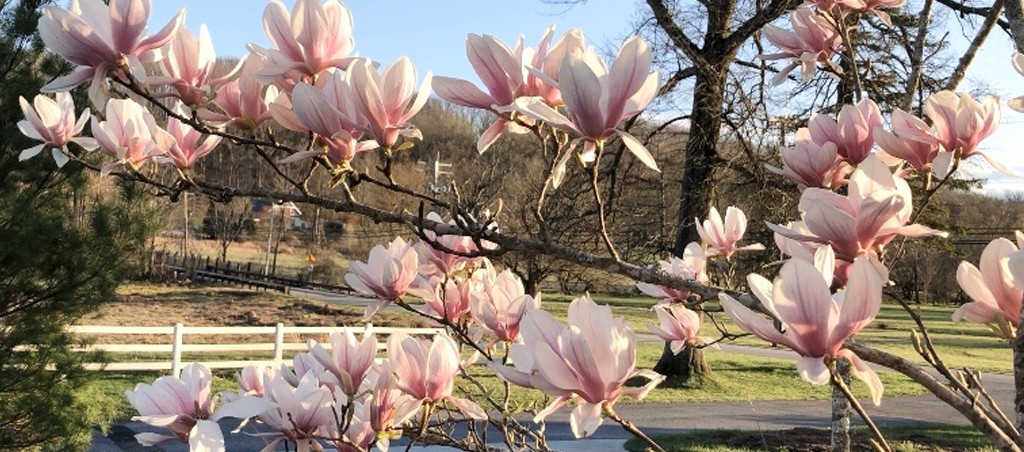
Hello Friends. As a SciComm journalist with 30 years of reporting and 6 books under my belt, which focus on how our stress response governs our immune health, I’ve been thinking about what I have learned, and how I might help you quiet your body and mind during this #pandemic.
For many of us the collective #trauma we’re facing now may trigger old feelings. If you faced a lot of #adversity growing up, this time may bring up disquieting sensations reminiscent of what you once felt as a child, trapped in a frightening situation, feeling alone, or that no one had your back — and not knowing how you’d get through it.
For those who fall into the high-risk category – immune compromised,
#autoimmunedisease – it may evoke a sense of helpless dread, or trigger repressed feelings about how vulnerable or terrified you’ve felt because of said illness, or bring up memories of the last time we were in a hospital bed.
Many who are getting older may be feeling the vulnerability that comes with the physical realities of aging and the loss that can arise reminiscing over both life’s joys and regrets.
Most of all we may be worrying about those we love. (I worry about my son, who is sheltering in place on the other side of the country. I worry about my 87-year-old mom. I worry about one of my best friends who is a physician on the front lines.)
If I put these factors into a Venn diagram, well, I’d BE the center of that Venn diagram. You may be at the center of that Venn diagram too. The more #trauma we’ve experienced the more we may find ourselves lost in our own spinning thoughts, having trouble making even small decisions.
That’s a trauma headstate and many, many people I’m talking to are feeling it.
But I also know, as a heath science journalist, that there are so many things we can choose to do to bring down our stress-immune response and find calm in the crisis.
Now, and throughout the month of April, which promises to be a difficult month for all of us on this planet, I’m going to share some of what I’m doing to bring down my threat-stress response. I hope you’ll share your ideas, too. Please do!
#HelloBrain: Today, I’m doing Qi Gong with my husband. Here goes.
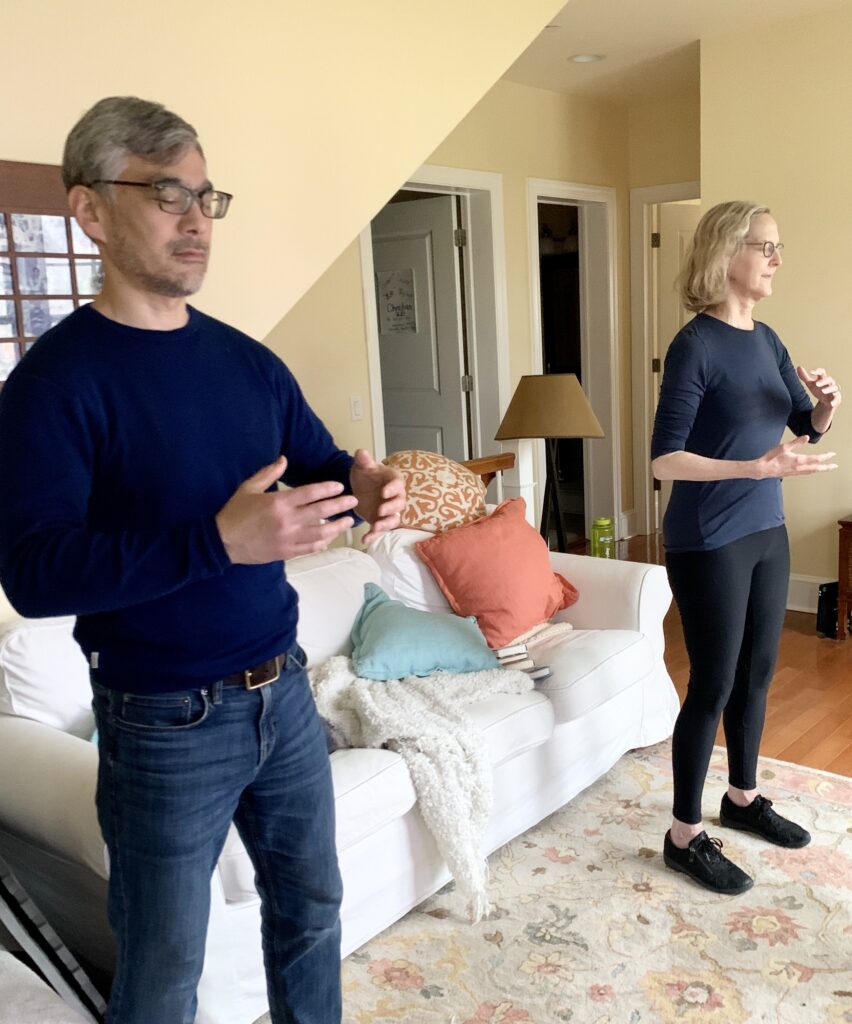
True fact: The left amygdala gets highly active when we try to manage stressful events in our environment by ruminating – dwelling in negative thoughts about oneself, one’s actions, or the actions of others – as opposed to taking action.
That’s a trauma headspace and it’s hard to dislodge. And yet I’ve learned, not only for myself, but as a journalist, that those who’ve faced significant adversity also know an extraordinary amount about flourishing in the face of uncertainty.
As a SciComm journalist, I write a lot about how each millisecond of our lives our brain is dancing with cues and messages from the environment, constantly on the lookout for possible new threats, trying to assess whether we are safe or not safe.
If the messages our brain gets tell us that we’re under threat our inflammatory stress-response ramps up in ways that can make us more vulnerable to illness. If our brain receives messages that we are safe, that helps to regulate our immune system in ways that help protect us.
Recent neuroscience shows us brain and body respond to emotional stressors and threats as if they ARE biological pathogens, leading to the release of inflammatory cytokines that impair our immune health. (If you want to learn more about this, read my book, The Angel and the Assassin.)
I’m trying to pause throughout my day and ask myself: “Hello Brain: what messages am I sending you right now about whether we are safe, or unsafe?”
Many of us are sending our brain non-stop danger-alert signals (it’s hard not to in a pandemic) that up the stress-response at a time when we need our immune system to be tip top.
#HelloBrain: Today, we’re putting our hands in the dirt, planting kale, lettuce, broccoli, cauliflower, and violets.
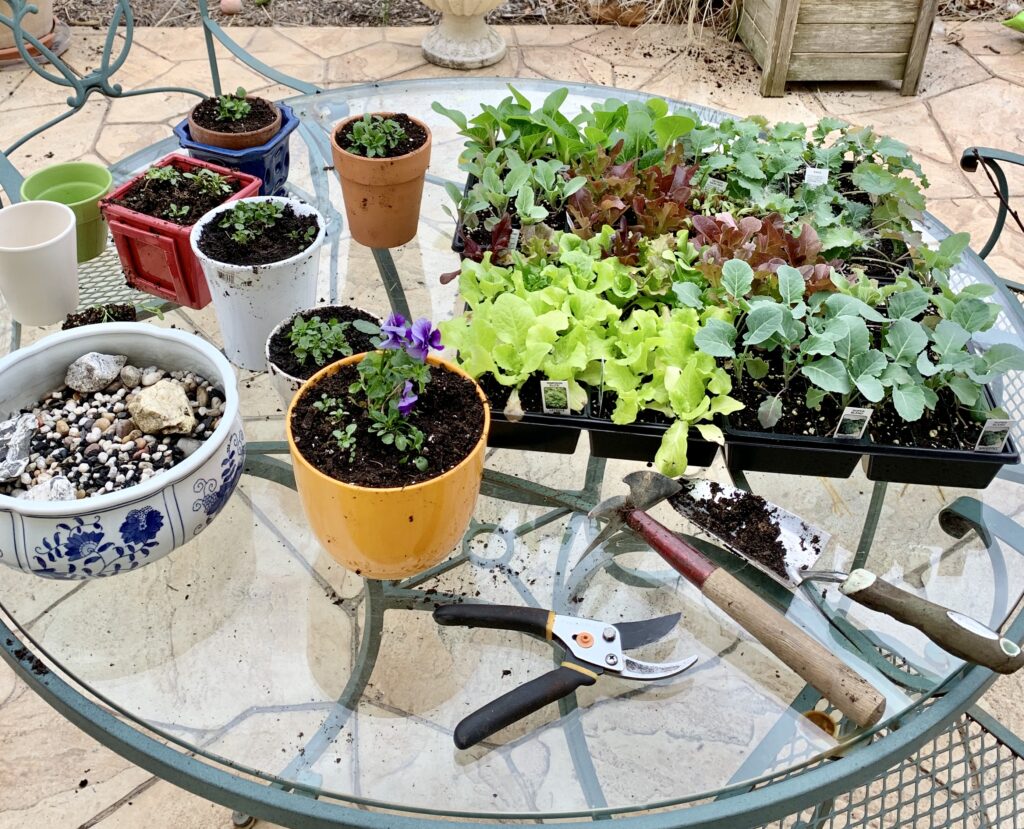
(P.S.: Planting violets with the sun on my face made me think of my grandmother, Donna – we used to plant violets in her yard. The memory filled me with such delight that even when my phone blared with an emergency alert (stay at home), I felt peaceful. My grandmother had a victory garden in WWII, and as I transferred violets into new pots I felt as if she were transferring some of her calm and love and strength to me.)
I’m going to take my small pots of violets and leave them on the porches of my elderly neighbors.
Making moment by moment micro-changes to exit a chronically stressed state of anxiety matters now more than ever. Worry and rumination coupled with low action are associated with higher inflammation and weakened immunity — the very thing we want to avoid right now. We have to actively stack our day with positives to help dampen down our stress-immune response. Bringing in more positive experiences during the day makes a difference – especially at a time when so many of the positives we might usually rely on to bolster us amidst adversity (and boost good stress hormones like oxytocin) emerge from familiar go-tos we can’t go-to now: gathering with friends, hugging loved ones. (Our son is stranded 3,000 miles away right now, sheltering in place alone; I can’t wait to hold him in my arms again.) Tree bathing and blossom bathing (maybe just outside your window, or front door) are simple acts: a few minutes immersing in nature helps to downshift the stress-immune response.
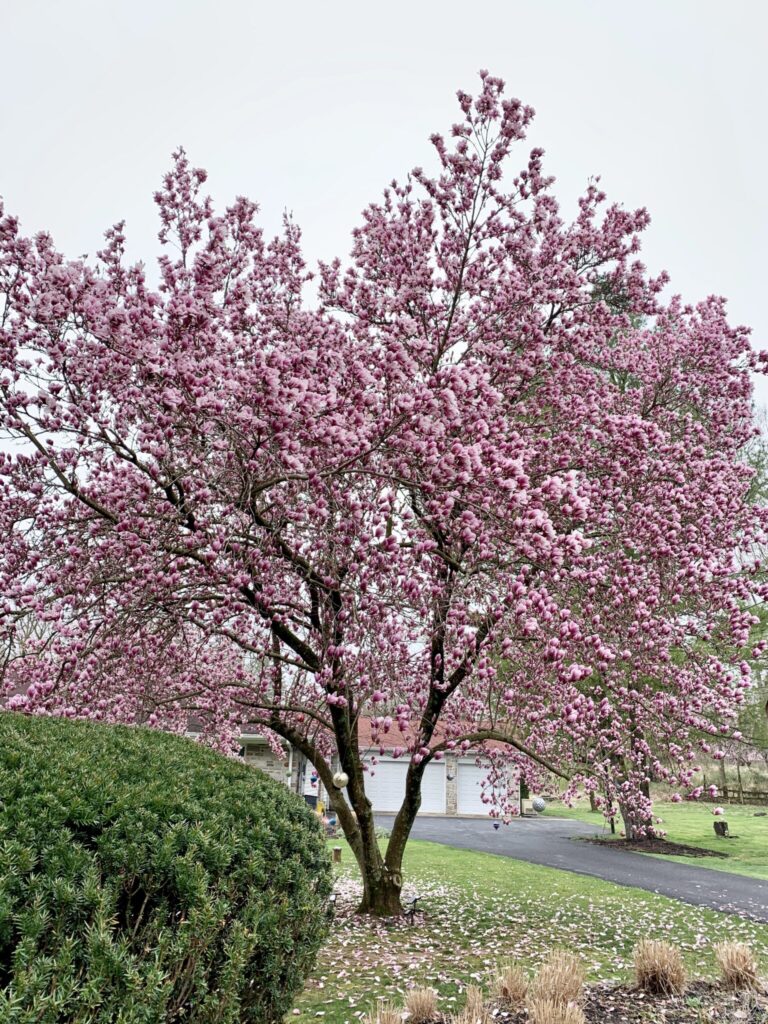
The Japanese (my husband and children and I used to live in Japan when our children were little) have this down to a fine art. Forest Bathing (walking in the woods) and Hanami (watching the light and wind play on tree blossoms, while meditating on the transient quality of life and nature) are national pastimes.
#HelloBrain: Today our stress relief action is a little time spent in Hanami.
Try going outside and stare at the light on the trees or blossoms. Don’t look away. Keep watching how the breeze and light play on each petal.
Listen to the sounds. Breathe. Repeat.
